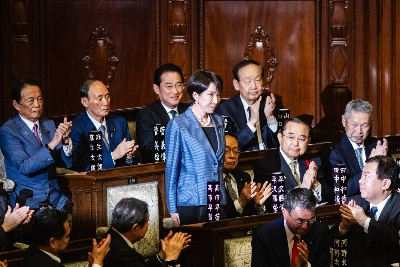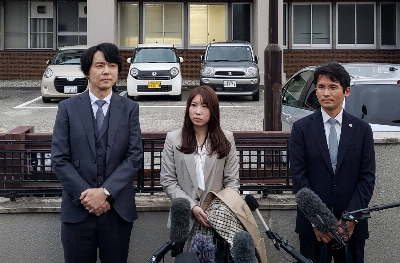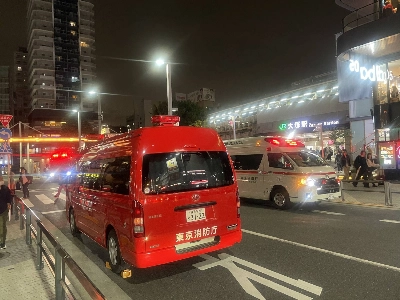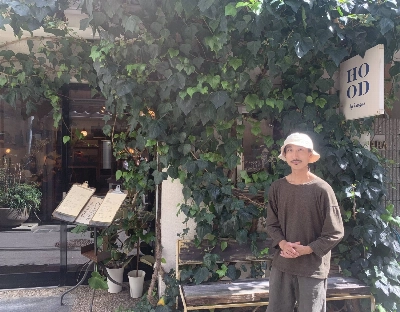The families of Japanese abducted to North Korea in the 1970s and 1980s urged the government Monday to step up its pressure on Pyongyang.
Their statement followed a meeting with senior diplomats who met last week with North Korean officials in Pyongyang. No progress was made on the abductions issue in those talks.
The group urged Mitoji Yabunaka, head of the Foreign Ministry's Asian and Oceanic Affairs Bureau who attended the Pyongyang talks, to set a deadline for a resolution to the abductions issue and invoke economic sanctions if North Korea fails to make any headway, according to Shigeru Yokota, who heads the group of abductees' families.


















With your current subscription plan you can comment on stories. However, before writing your first comment, please create a display name in the Profile section of your subscriber account page.